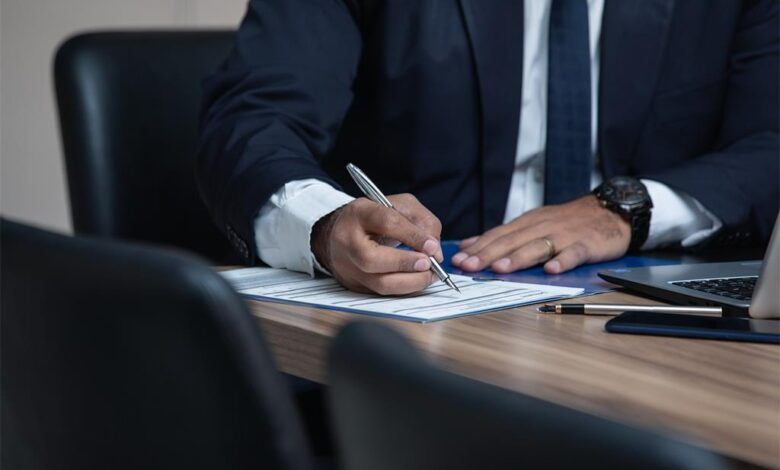3 Tips for Communicating with Your Lawyer

When you’re working with a lawyer how you communicate can make a big difference in how things turn out. It’s not just about showing up to meetings or answering emails. You want to make sure the info you share, the questions you ask, and how you keep in touch help your lawyer do the best job possible.
Here are 3 practical tips to help you.
Share the Important Stuff Right Away
You might feel like some details about your case aren’t that important, or maybe you’re worried certain things will hurt your case, but your lawyer needs to know everything. It’s better to be upfront about key details right from the start, even if you think they’re minor.
Sometimes what seems small to you can completely change how your lawyer approaches the case.
Let’s say you’re dealing with a criminal defense situation. If you remember something like a conversation with a witness or a piece of evidence that might come up, don’t wait to mention it. The earlier your lawyer knows, the better they can plan.
And don’t just stop after the first meeting—if anything new comes up, keep them in the loop so they can adjust strategies if needed.
Clarify to Avoid Confusion
Legal talk can get confusing fast, and it’s easy to walk out of a meeting feeling like you’re not sure what just happened. If you’re unclear about something, it’s totally okay to ask your lawyer to explain it in simpler terms. Better yet, after a conversation, try summarizing what you’ve just talked about.
For example, if your lawyer outlines a few options for your next steps, repeat back what you understood, like, “So we’re considering settling, but we also might file a motion if the offer isn’t fair, right?”
Miscommunication is common in legal matters, and something as simple as confirming your understanding can save you from making mistakes or missing important steps.
Keep It Short and Focused
Lawyers are often juggling multiple cases, so being clear and to the point helps both of you. Instead of reaching out with broad, open-ended questions, try focusing on specific things you need help with.
For instance, if you have a court date coming up, don’t just ask, “What’s going to happen in court?” Instead, ask more directly, like, “What should I prepare for in terms of questions I might be asked, and how should I respond?”
And if you have several questions, it’s a good idea to send them all in one message rather than breaking them up into multiple calls or emails.
This approach gets you better answers.
Good communication with your lawyer isn’t just about staying in touch—it’s about making sure you’re on the same page and giving them what they need to do their job well. Really, use these tips!


